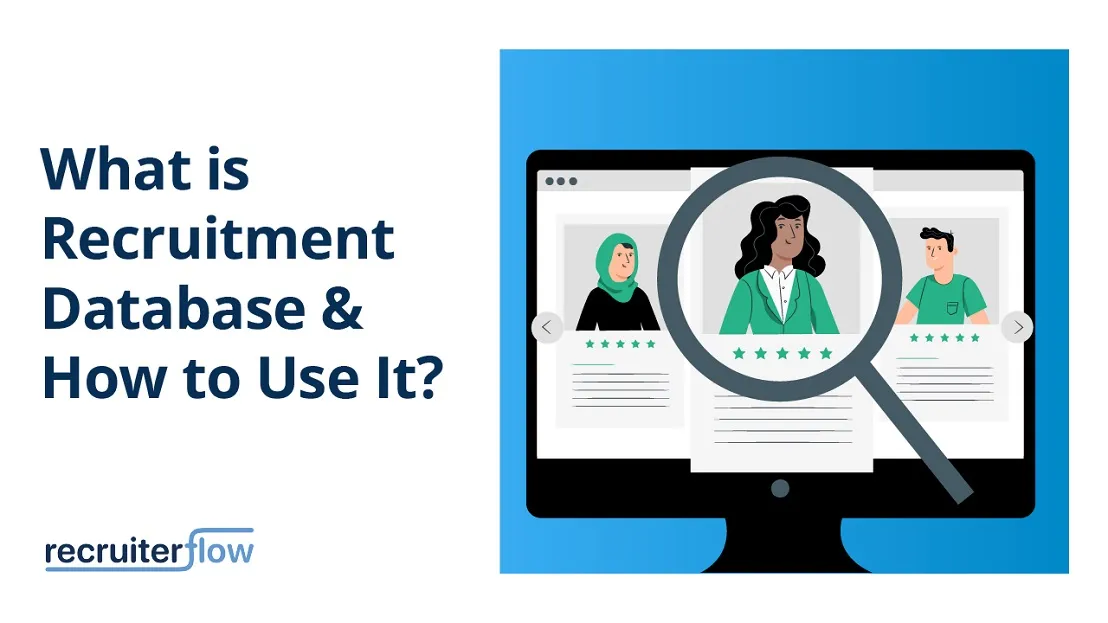
In today's competitive job market, leveraging recruitment databases effectively can be a game-changer for businesses looking to attract top talent. Recruitment databases, when used strategically, can streamline the hiring process, enhance candidate sourcing, and improve overall recruitment outcomes. Here are some advanced strategies to maximize the potential of recruitment databases.
1. Automate Data Entry and Updates
Manual data entry can be time-consuming and error-prone. Automate the data entry process using integration tools that sync with other HR software and applicant tracking systems (ATS). This ensures that candidate profiles are updated in real-time, reducing the risk of outdated or incorrect information.
2. Segment and Target Specific Candidate Pools
Use advanced filtering and segmentation features to create specific candidate pools based on skills, experience, location, and other relevant criteria. This allows recruiters to target their search efforts more effectively, ensuring they reach the most suitable candidates for each job opening.
3. Leverage AI and Machine Learning
Implement AI and machine learning algorithms to enhance candidate matching. These technologies can analyze vast amounts of data to identify patterns and predict the best candidates for a particular role. AI can also help in identifying passive candidates who may not be actively looking for a job but are a perfect fit for your requirements.
4. Enhance Candidate Engagement with Personalized Communication
Use the database to personalize communication with candidates. Automated email campaigns and follow-ups tailored to individual candidate profiles can significantly improve engagement rates. Personalization shows candidates that you value them and understand their unique skills and experiences.
5. Implement Data Analytics for Continuous Improvement
Analyze recruitment data to identify trends, bottlenecks, and areas for improvement. Key metrics such as time-to-fill, cost-per-hire, and source effectiveness can provide valuable insights into the efficiency of your recruitment process. Use these insights to refine your strategies and optimize your database usage.
6. Integrate Social Media and Professional Networks
Integrate your recruitment database with social media platforms and professional networks like LinkedIn. This expands your reach and provides additional candidate data, enriching your database and enhancing your sourcing capabilities. Social media integration also allows for a more dynamic and interactive recruitment process.
7. Ensure Data Privacy and Compliance
With the increasing focus on data privacy, it’s crucial to ensure that your recruitment database complies with relevant data protection regulations such as GDPR or CCPA. Implement robust security measures to protect candidate information and maintain trust.
8. Foster Collaboration Among Recruiters
Enable collaboration among recruiters by using shared databases and collaborative tools. This ensures that everyone on the team has access to the same candidate information, reducing duplication of efforts and improving the overall efficiency of the recruitment process.
9. Utilize Mobile Recruitment
Ensure that your recruitment database is mobile-friendly. Many candidates use mobile devices to search for jobs and submit applications. A mobile-optimized database allows recruiters to manage their tasks on the go, improving responsiveness and flexibility.
10. Provide Training and Support
Invest in regular training for your recruitment team to keep them updated on the latest features and best practices for using the database. Provide ongoing support to address any issues or challenges that arise, ensuring that your team can make the most of the database's capabilities.
Conclusion
By implementing these advanced strategies, organizations can harness the full potential of recruitment databases. Automation, AI, personalized communication, data analytics, and integration with social media are just a few of the ways to enhance the recruitment process. Ensuring data privacy, fostering collaboration, and providing continuous training are also critical to success. Ultimately, a well-utilized recruitment database can lead to a more efficient, effective, and streamlined hiring process, helping businesses attract and retain top talent in a competitive market.